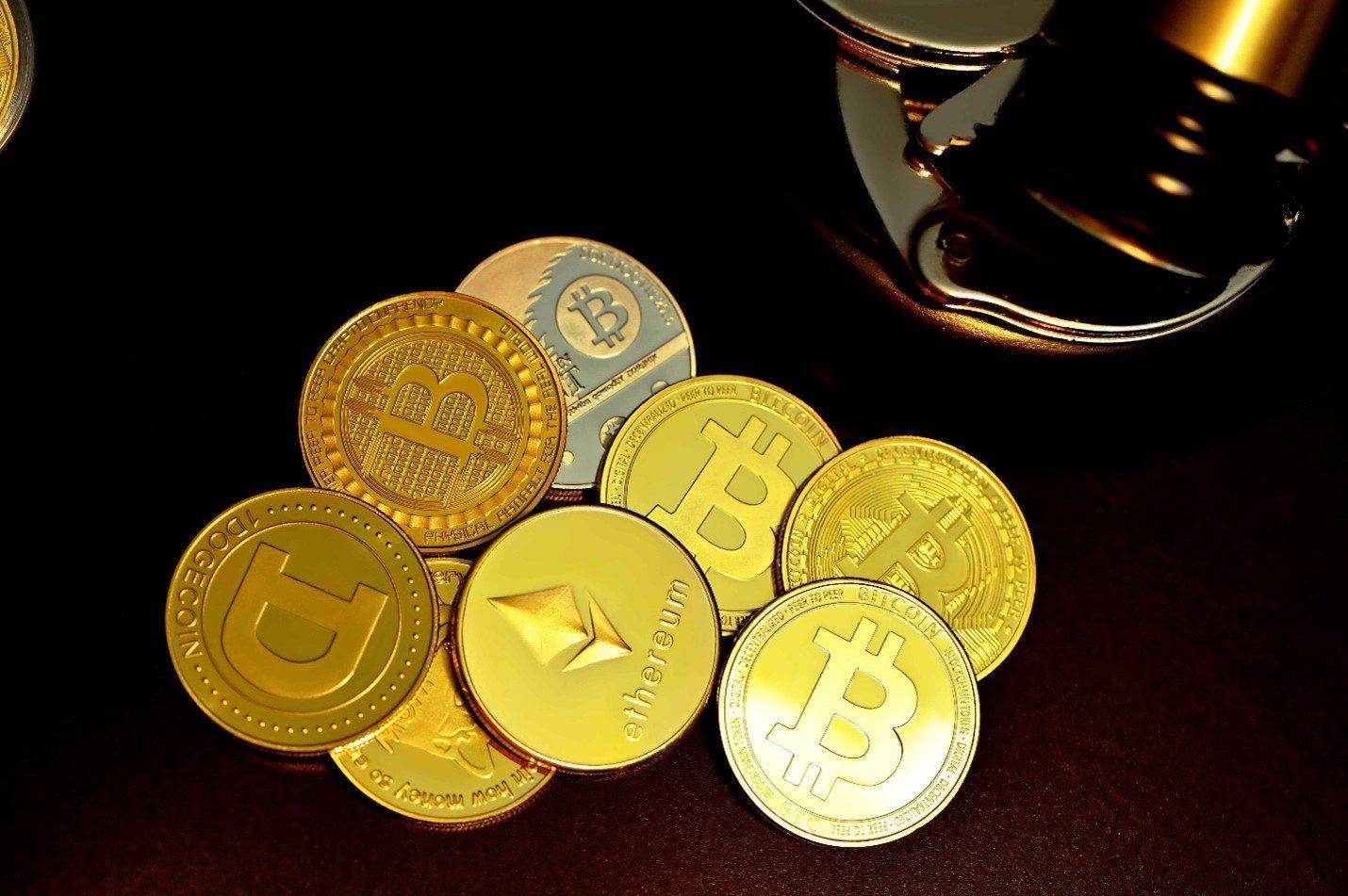Nigeria’s SEC on Friday announced new rules and compliances for the virtual asset world. These new rules will include Digital Asset Issuance, Offering Platforms, Exchange and Custody. These amendments come at a time when Nigeria has started putting a strict watch on illegal crypto activities and frauds.
The amendment’s goal is to broaden the definition of regulation to reflect contemporary reality. The Commission has established a dedicated onboarding window for Virtual Assets Service Providers (or “VASPs”) under the Accelerated Regulatory Incubation Program (or “ARIP”).
These services will be available via the regulatory body’s ePortal. Although the goal of this application process is to increase compliance, VASPs must do it within 30 days after the circular date.
Along with a strong warning that non-compliant VASPs will face consequences, the SEC also threatened to take regulatory action against anyone who disobeyed the guidelines in the circular.
Nigeria’s SEC’s Previous Digital Asset Rules
The original Rules on Digital Assets Issuance, Offering Platforms, Exchange, and Custody were amended in May 2022 in response to Nigeria’s SEC’s nomination of Emomotimi Agama as its new Director-General.
In 2022, the SEC also released recommendations for digital assets, hoping to find a middle ground between outright banning them and permitting their unrestrained use. Nigeria is one of the biggest markets for trading cryptocurrencies, as reported by Bankless Times earlier.
Its use has skyrocketed in recent years, especially among the nation’s tech-savvy youth, especially during the period when severe dollar shortages made it challenging for Nigerians to pay for goods and services overseas.
In the meantime, to reposition the Nigerian market, the government and authorities in Nigeria appropriately regulated the virtual assets industry as opposed to imposing clampdowns, crackdowns, and shutdowns.
The SEC of Nigeria put out a proposal this March to modify the regulations governing platforms that provide cryptocurrency services. The proposal called for raising the registration price for cryptocurrency exchanges from 30 million naira ($18,620) to 150 million naira ($93,000).
Following this crackdown on the virtual asset world, the biggest crypto exchange in the world, Binance, said in March that it would cease all trading and transactions in naira. Subsequently, the West African nation brought charges against Binance and two of its officials. The business is contesting the charges against them, which relate to tax evasion and money laundering. disobeyed












